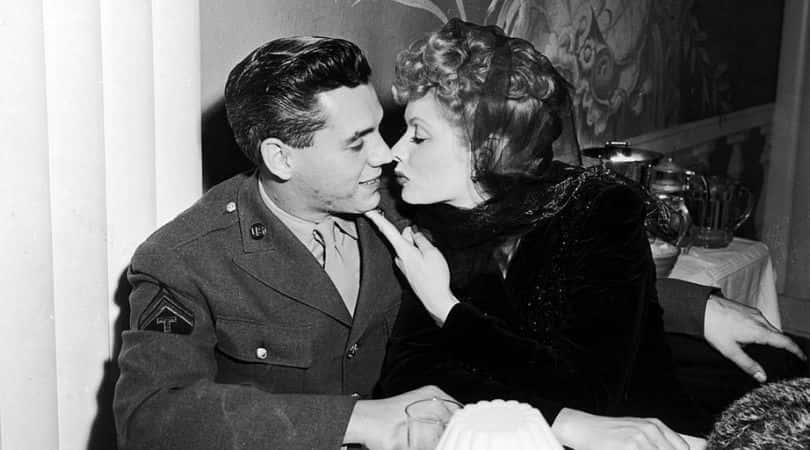'Lucille Ball: We Love Lucy': How the iconic actress-comedienne changed the entertainment industry for women

Lucille Ball was an icon and remains to this day one of the foremost feminist influencers in the entertainment industry. Not only did she create the much-loved 'I Love Lucy', she went on to become the first woman to run a major television studio, Desilu Productions, which produced many popular television series, including 'Mission: Impossible' and 'Star Trek'. It is no doubt then, that the iconic comedienne inspired many young girls and women who went on to become stars in their own right in Hollywood.
Reelz's latest special, 'Lucille Ball: We Love Lucy' is a tribute to the late comedienne who, no doubt, changed the face of the television industry. Her sitcom 'I Love Lucy' ran from October 15, 1951, and continued running until May 6, 1957, with reruns running to this very day. From the Reelz special, we learn that 'I Love Lucy' reruns bring in revenues of $20 million for CBS annually. 'I Love Lucy' also sparked many similar shows with Lucille Ball in the lead like 'The Lucy-Desi Comedy Hour', 'The Lucy Show', and 'Here's Lucy'.
At a time when female actors and characters were mainly used to set up "interesting" scenes for their male counterparts, Lucille was the star of her own show, making people laugh in the way she wanted to entertain. Her work with fellow 'I Love Lucy' star Vivian Vance on 'The Lucy Show' featured female leads working together to support each other -- a format that influences television to this very day with modern shows like 'Grace and Frankie', 'Sex and the City', and 'Broad City'.

'I Love Lucy' pushed the boundaries of what was and was not accepted on television at the time. It was on Lucille's insistence that her husband, Desi Arnaz was cast as her spouse on the show. Desi was a Cuban-American actor and musician. 'I Love Lucy' was one of the first instances of a person of color as the male lead and the depiction of interracial relationships on television.
When Desi and Lucille bought their own television studio, Lucille went on to become the first woman to run a major television studio, though what she loved to do was entertain in front of the camera. Under her leadership, Desilu Productions brought shows like 'Star Trek' and 'Mission Impossible' to audiences, shows that have since sparked franchises and have a major cultural impact today.
When Lucille became pregnant with Desi's child during the shooting of 'I Love Lucy', her character, Lucy became the first pregnant character played by a pregnant actress as the fictional pregnancy was tied to the real-life pregnancy. Ball also pioneered physical and slapstick comedy for women -- she was not afraid to fall on her face or have chocolate dunked on her face, features which make 'I Love Lucy' a binge-worthy show even today.
Lucille's shows mirrored women's struggles on the screen and showed young women wanting to make it in a male-dominated world. This was something that was reflected in her real life as well when she headed Desilu Productions. Unlike her male counterparts at the time, she also concurrently worked in front of the camera.
'Lucille Ball: We Love Lucy' airs on Reelz on Saturday, September 12, at 8/7c.










